Today’s IT professionals need ways to securely store massive amounts of data while also limiting their effects on the environments and their budgets to boot. Fujifilm released their new LTO-9 tape drives to serve the needs of environmentally-conscious organizations who need to archive data in this zettabyte age.
Balancing Storage Needs with Environmental Concerns
We sit at a trying crossroads in IT. Massive amounts of data are at play in the average enterprise, meaning IT staff need more efficient and effective ways to store said data. On the flip side, however, global climate concerns continue to grow, leading many organizations to consider more energy-efficient ways to store data as well.
Adding to this complexity is the fact that many enterprises today are decentralized: Kubernetes containers and cloud deployments have created multiple data silos, making the matter of identifying data that needs to be stored in an archive a challenging one. How can IT organizations possibly balance their data management needs in light of environmental concerns?
Archiving Data on Fujifilm’s New Tape Line
These very issues serve as the impetus behind Fujifilm’s recently announced release of their newest iteration of the Linear-Tape Open (LTO) tape storage drive, the series’ ninth installation since its inception in 2000. LTO-9, also called Ultrium 9, uses barium ferrite magnetic tape to store up to 18 TB of data on a single drive, 225 times the original specifications of the initial entries to the LTO line.
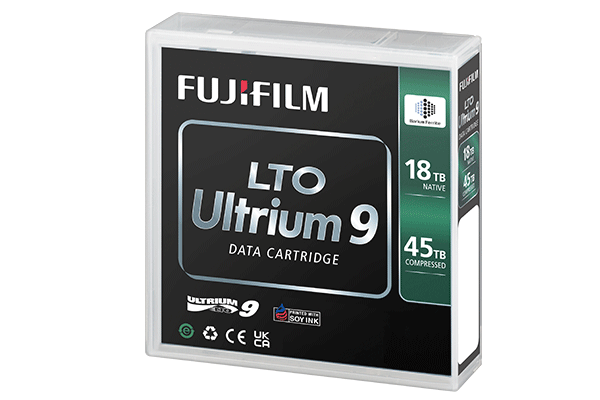
The product is purpose-built for archiving data and is removable and portable to allow for seamless backup properties, maintaining data even when completely disconnected from power. In that way, LTO-9 facilitates the effective long-term storage of data, and when combined with other products by Fujifilm, can even be used to archive data stored as objects, as well as blocks and files.
LTO-9: Key Value Propositions
Thanks to Amanda Grover, we had the exciting opportunity to sit down with Fujifilm’s Rich Gadomski to discuss LTO-9 in greater detail. During the briefing, Rich shared some of the benefits the new line of tape drives provides to the enterprise.
Energy Efficiency
The primary benefit LTO-9 provides is energy efficiency. Tape is widely known to be the most environmentally-friendly form of storage, and LTO-9 is no different. The product only needs power during read-write operations, so it can be disconnected while stored to reduce power draws.
Air Gap Security
Because of the portable nature of tape like LTO-9, the product inherently creates an air gap between sources of data and the actual data that needs to be stored. This, in return, boosts the security potential of LTO-9 as it reduces the ability for the data it stores to be accessed.
Capacity
LTO-9 provides one of the largest feasible capacities for tape-based drives on the market today. Although original specs for the product were to provide up to 24 TB, the current build ensures maximum performance capabilities, ensuring that data can be stored effectively.
TCO
All of the value propositions lined out above culminate in a cost-effective method for archiving data at enterprise scale. The reduction of energy usage combined with the generally lesser costs of tape drives ensures limited overhead with maximum performance.
Zach’s Reaction
Fujifilm’s release is an exciting one for organizations looking to create a consistent and secure archiving experience with their data. To learn more about the release, check out the press release linked above, or visit Fujifilm’s website. You can also learn more about the green benefits of tape like LTO-9 by watching this video.
Thanks again to Amanda and Rich for speaking with us. Be sure to check out all of the other exclusive coverage like this one available here at GestaltIT.com.

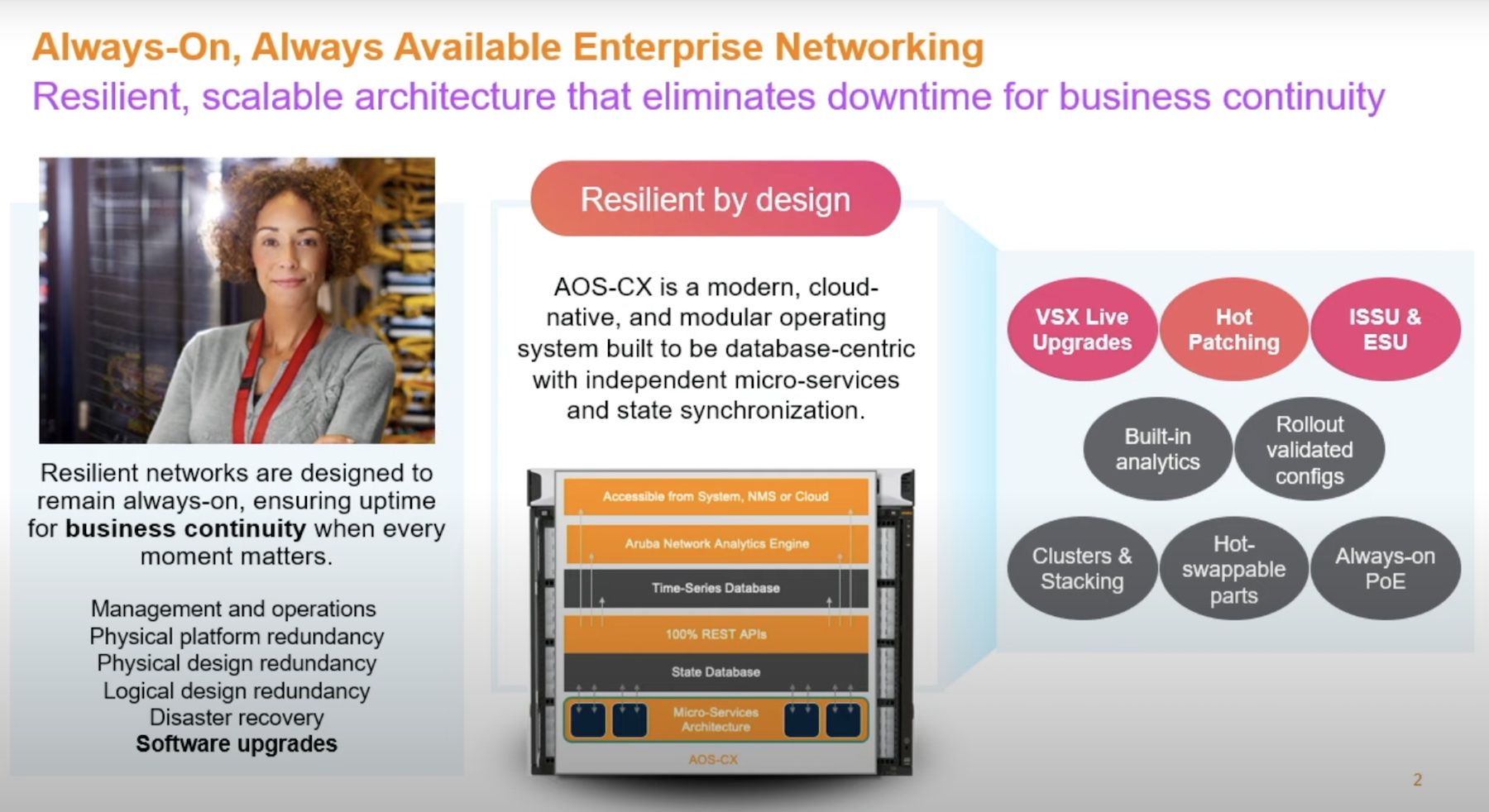
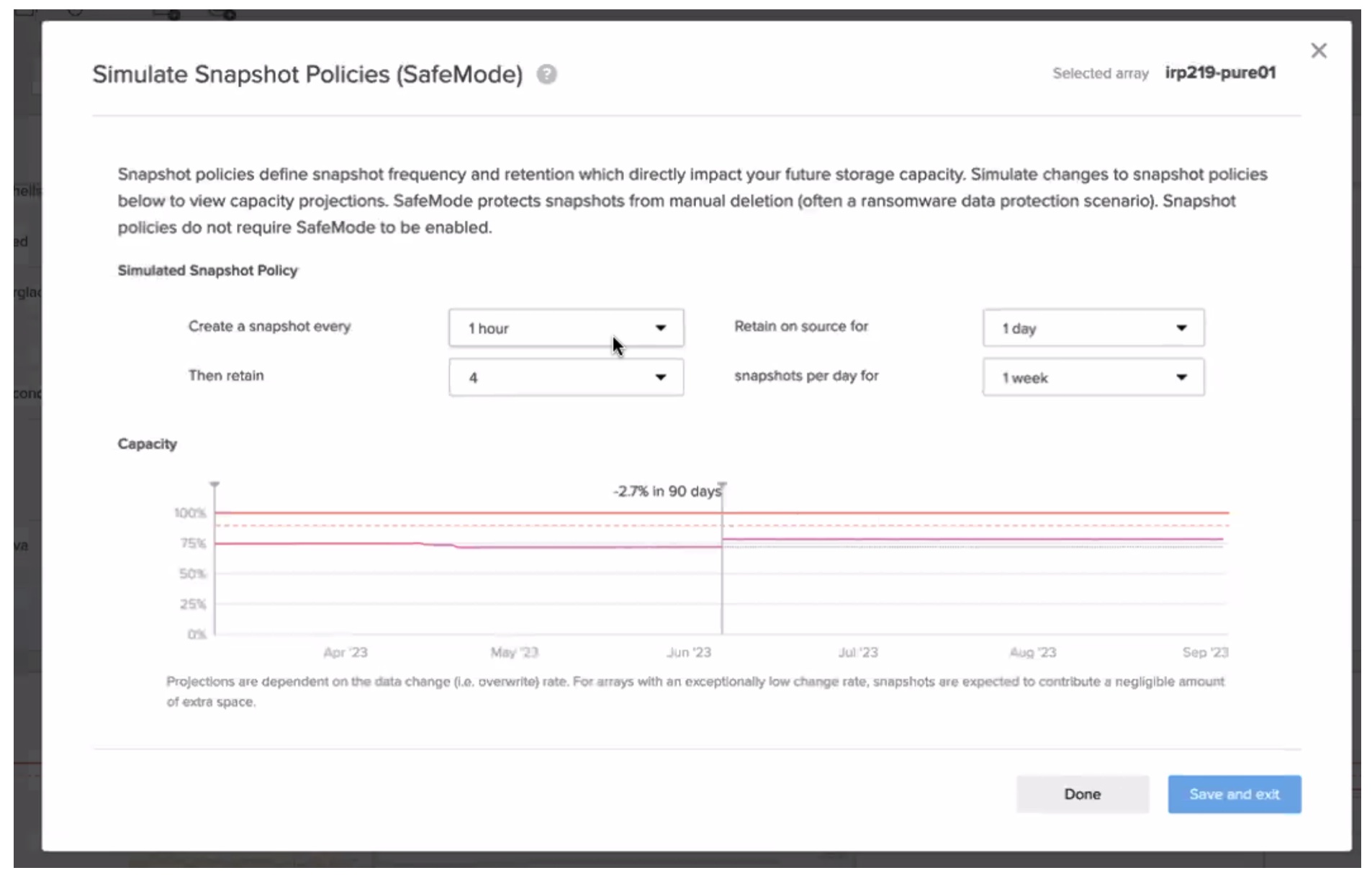
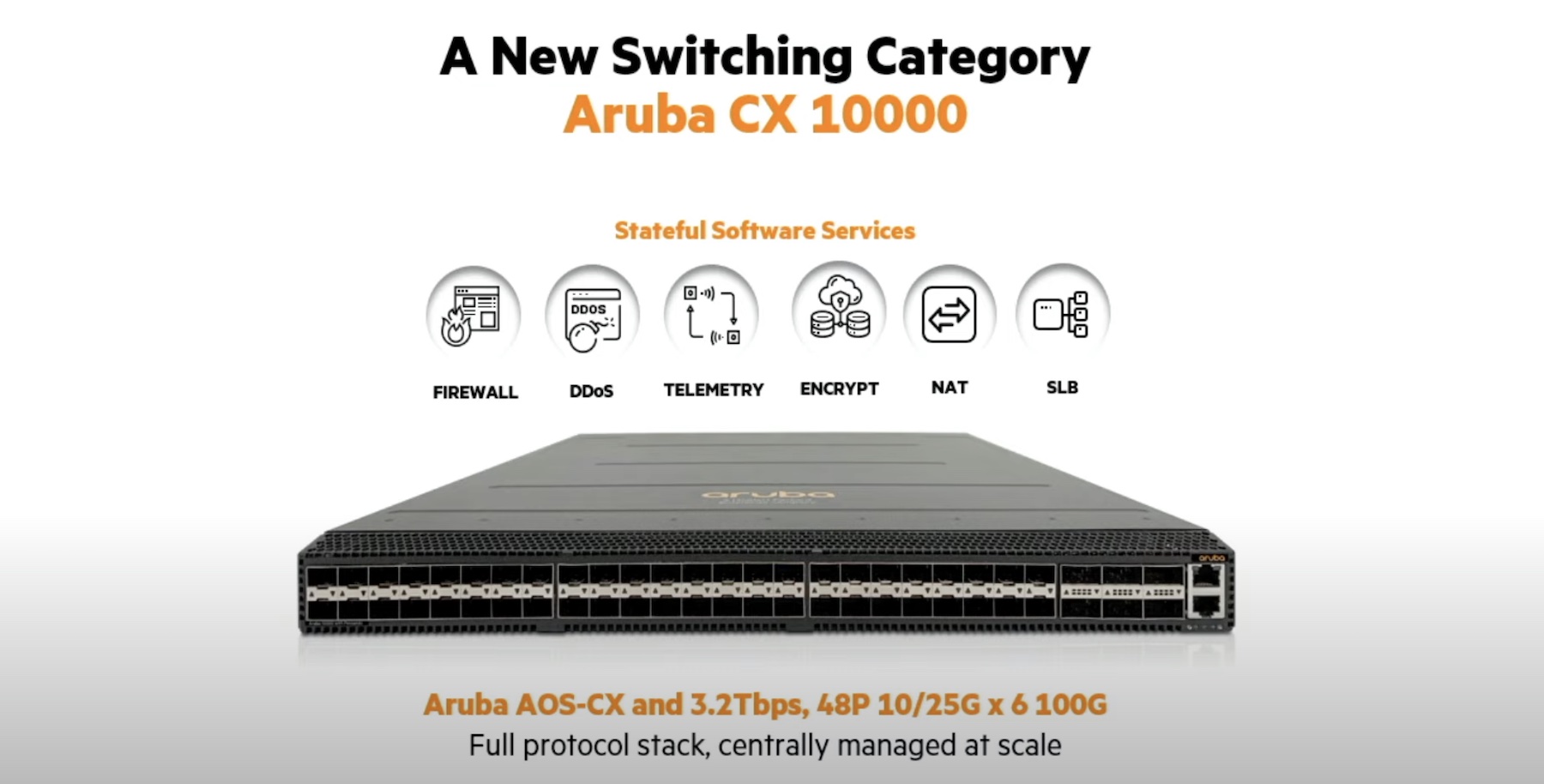
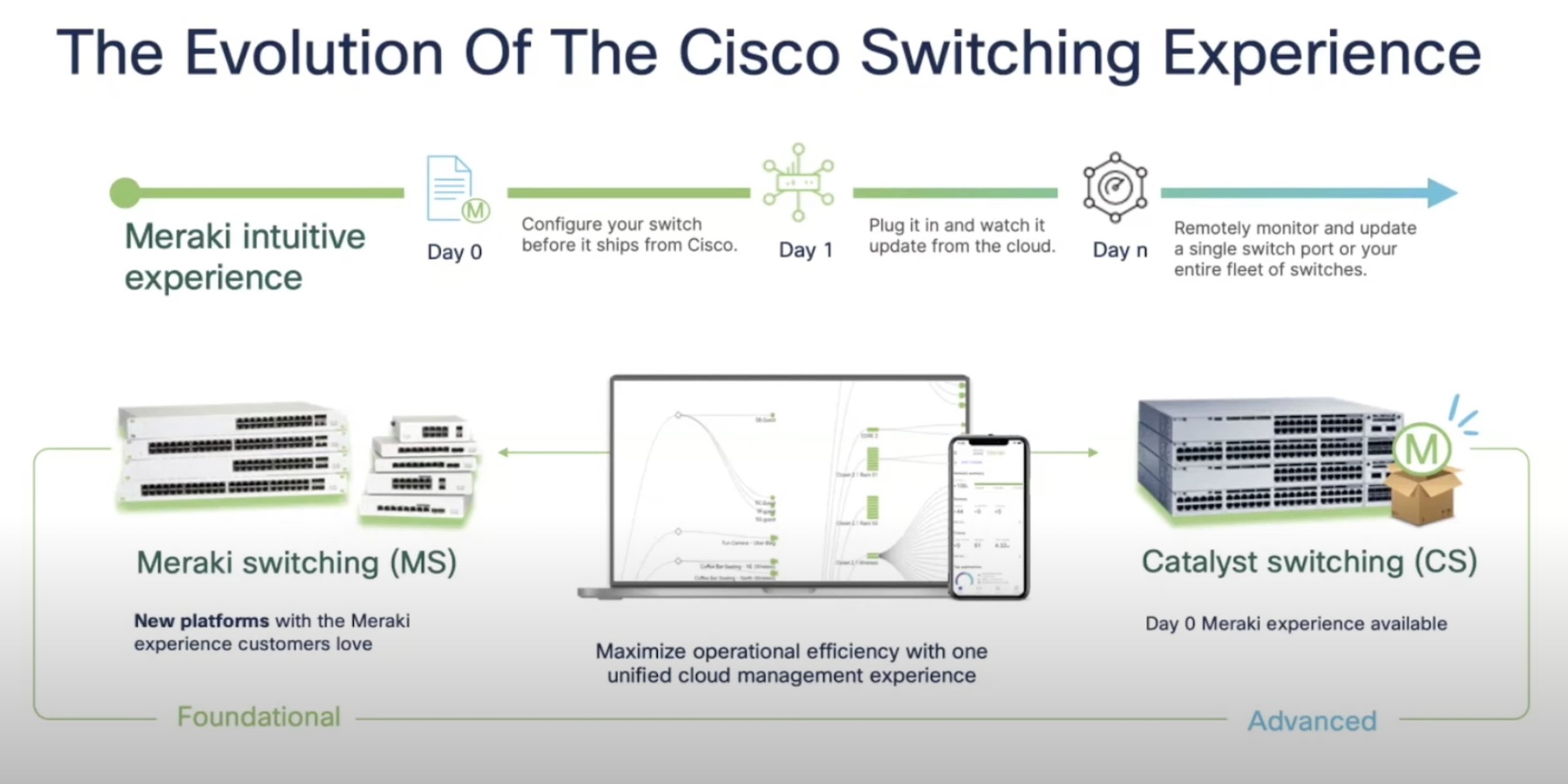
Interesting that the word “drive” is used in the second sentence in the first paragraph of this article. A tape drive is electo-mechanical device that is used to read and write to the media. This article is about Fujifilm’s announcement of their LTO-9 media. Fujifilm does not design or manufacturing tape drives; only IBM is currently doing that. Otherwise, good article. Thanks.